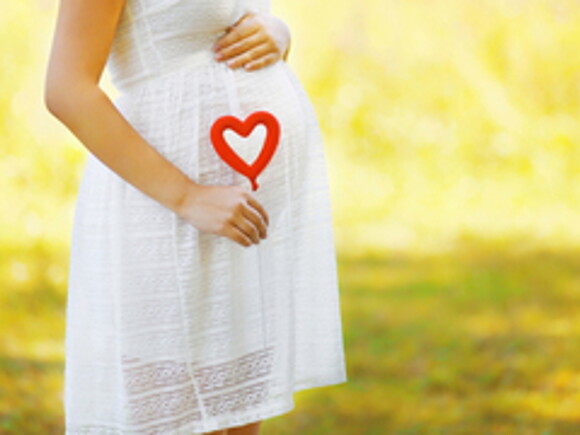
Pregnancy Changes: Trimester By Trimester
What Happens During The Trimesters Of Pregnancy?
A normal full-term pregnancy lasts 40 weeks and starts a day after the last menstrual period. A pregnancy is typically divided into 3 trimesters. Each of these stages is between 12 and 14 weeks long.
Yet, how does a pregnancy progress trimester by trimester and what changes can occur to your body and fetus? Let us find out the answer throughout this article…
First Trimester (week 1 to week 12 of pregnancy)
During the first trimester of pregnancy, expect your hormones to get through major changes, your uterus to start supporting the growth of your fetus and placenta, your heartbeat to speed up and your blood volume to increase and be able to carry the oxygen and nutrients to your baby, causing you several symptoms, such as: exhaustion, breast tenderness, morning sickness, cravings for specific types of food, mood swings, constipation, frequent urination, headache, heartburn, weight gain or loss.
As the first trimester is an important and major phase of prenatal development, we recommend that you take good care of your life style and diet, make sure you take the necessary dietary supplements and let go of the habits that may negatively affect your little one and cause him congenital malformations.
Second Trimester (week 13 to week 28 of pregnancy)
The second trimester is the kind of golden stage of pregnancy.
During this period, you will notice that the symptoms of the first trimester, like fatigue and nausea, have gradually gone. You will feel more energetic during the day and you will be able to have a good amount of sleep during the night.
And while your body is changing to make room for the growing baby, you will have body aches, especially in the back and pelvis. You will notice stretch marks on your abdomen, breasts and thighs, and change of color in your nipples which will get darker. You will notice as well brown patches on your front, nose and upper lip.
You will probably feel numbness in your hands and itchiness in your belly, palm and sole. Your ankles, fingers and face may swell and you may have cramps in your legs.
Around the end of the second trimester, your baby’s size will be four times bigger and you will be able to feel his first moves and kicks.
At this stage of pregnancy, it will be a good idea to start shopping for baby clothes and equipments, and spread the news among friends and loved ones!
Third Trimester (week 29 to week 40 of pregnancy)
During the third trimester, you will still be complaining about the second trimester discomforts. You may have a breathing difficulty and you may feel an urgent need to urinate, as your baby has grown bigger in size and is putting extra pressure on your organs…
Here are some of the new changes you may face during the third trimester of pregnancy:
- Breathing difficulties
- Heartburn
- Swollen ankles, fingers and face
- Hemorrhoids
- Breast tenderness
- Leg cramps
- Nose congestion
- Outie belly button
- Sleep difficulties
- Colostrum production
- Baby dropping lower
- Contractions (that may not be true labor contractions)
As your delivery date approaches and your cervix starts thinning in preparation for the vagina to open and extend during labor, we recommend that you visit your doctor on a regular basis and do all the tests that can help him check on your health, your baby’s health and the position he's settling into in preparation for birth.
We also advise you to benefit from the last stage of pregnancy to extend your knowledge about labor and delivery and be more prepared for what awaits you in the delivery room and afterwards. Think maybe of joining specialized classes for pregnant women and mothers-to-be.
As you feel today the impact of every change occurring to your pregnant body week by week and trimester by trimester, be sure that your childbirth will make everything go away and help you get rid of this impact in no time. And just three hours after delivery, some of your hormones will go back to normal levels, thus reducing the symptoms and discomforts that have shaken you for long months!
Read More: Intercourse During Pregnancy: When To Avoid

